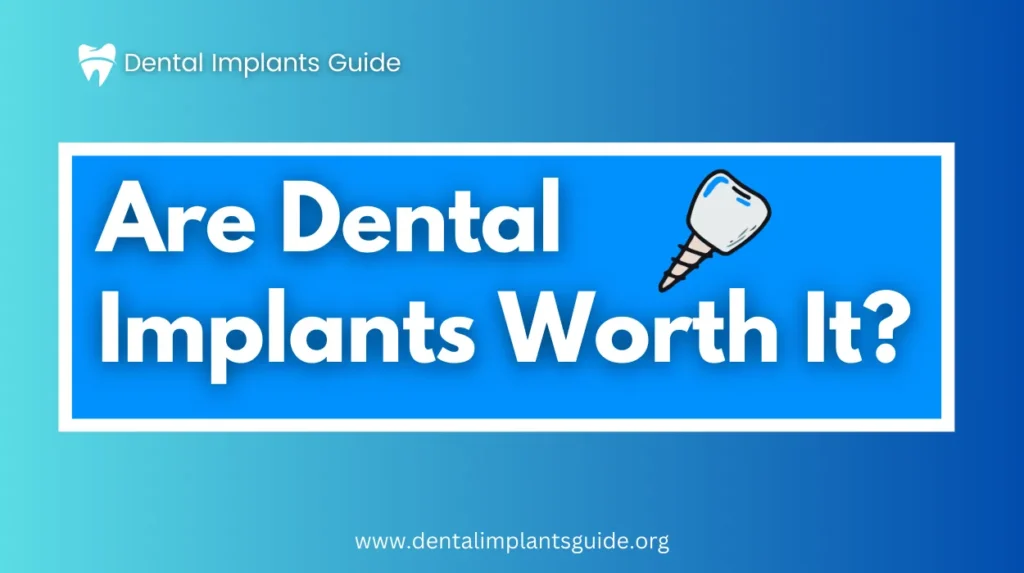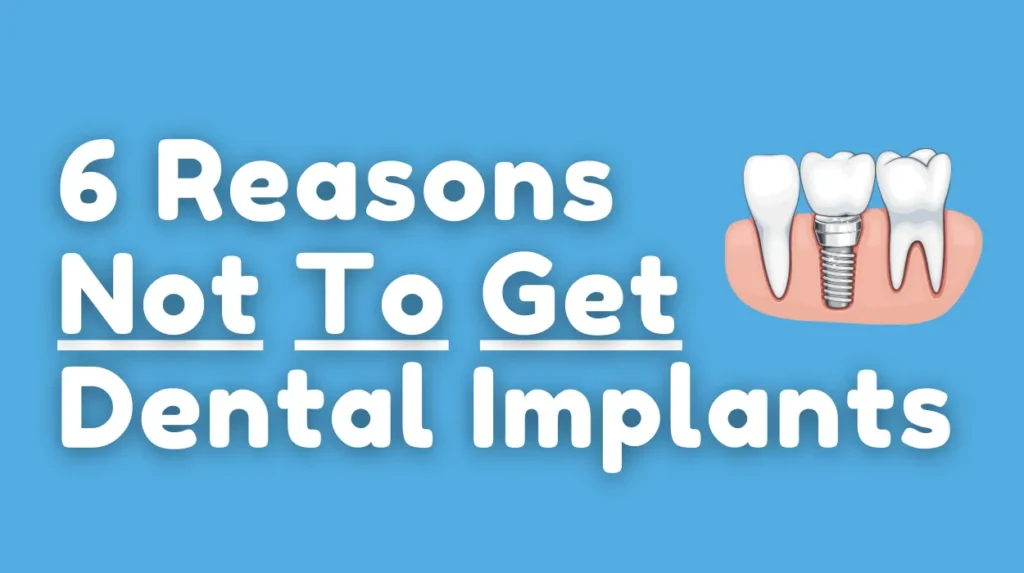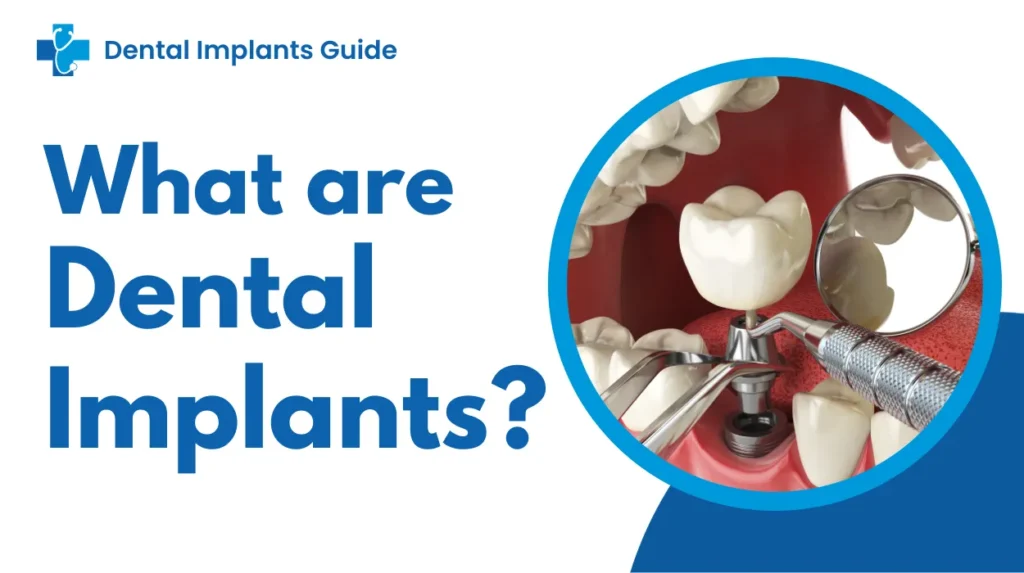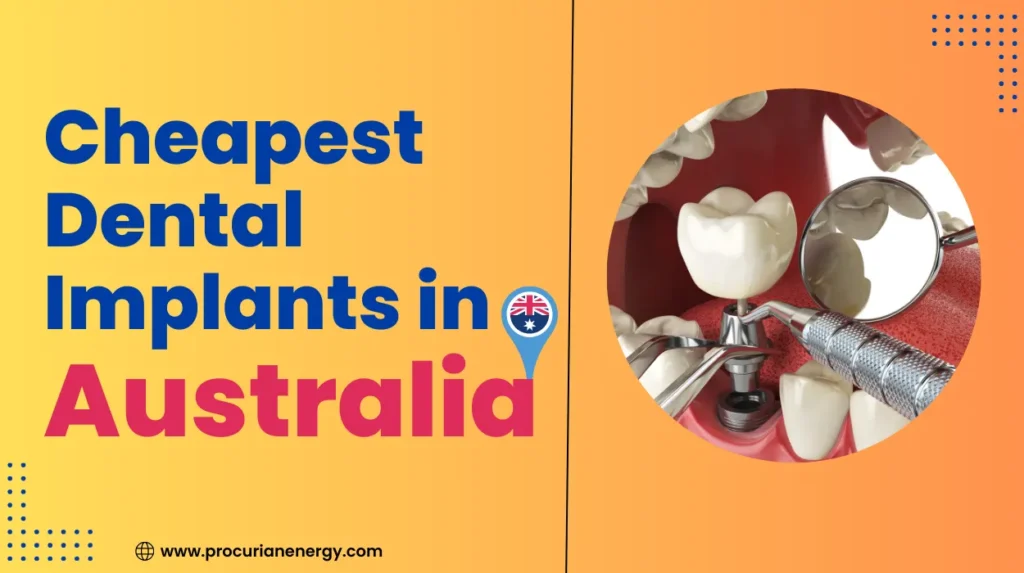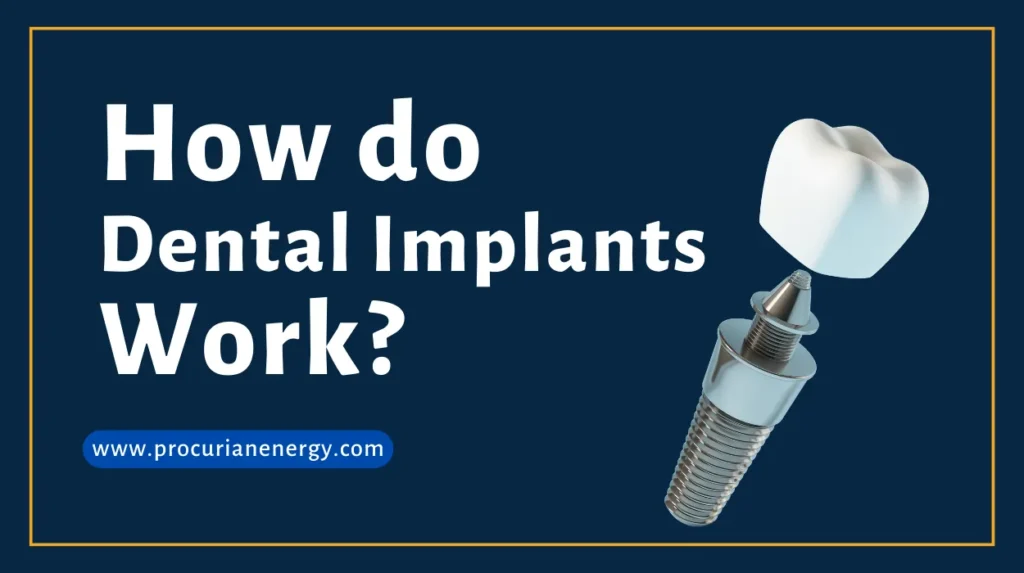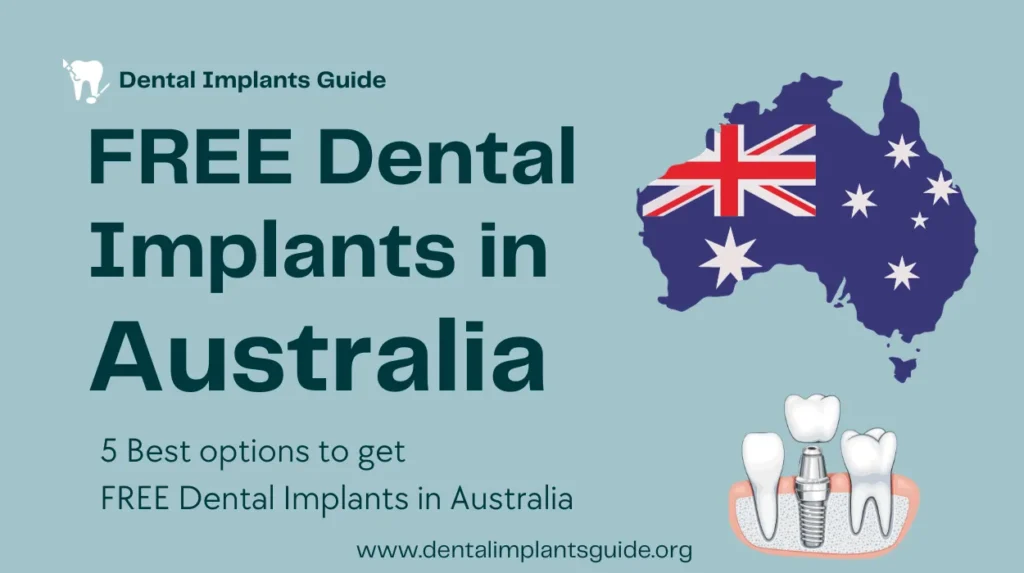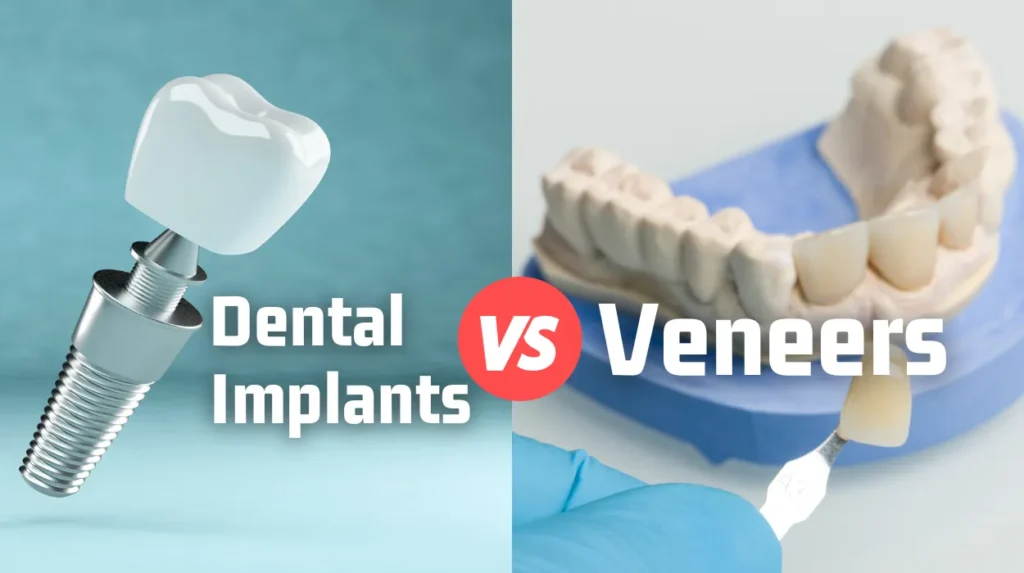
Hello and welcome! If you’re reading this, you’re probably thinking about improving your smile. That is a fantastic decision!
A confident, bright smile can boost your self-esteem and overall well-being. Dental implants and Veneers are two popular options for improving your smile.
In this article, we’ll explain the differences between Dental Implants and Veneers.
First things first, let’s understand what dental implants and veneers are:
Dental implants
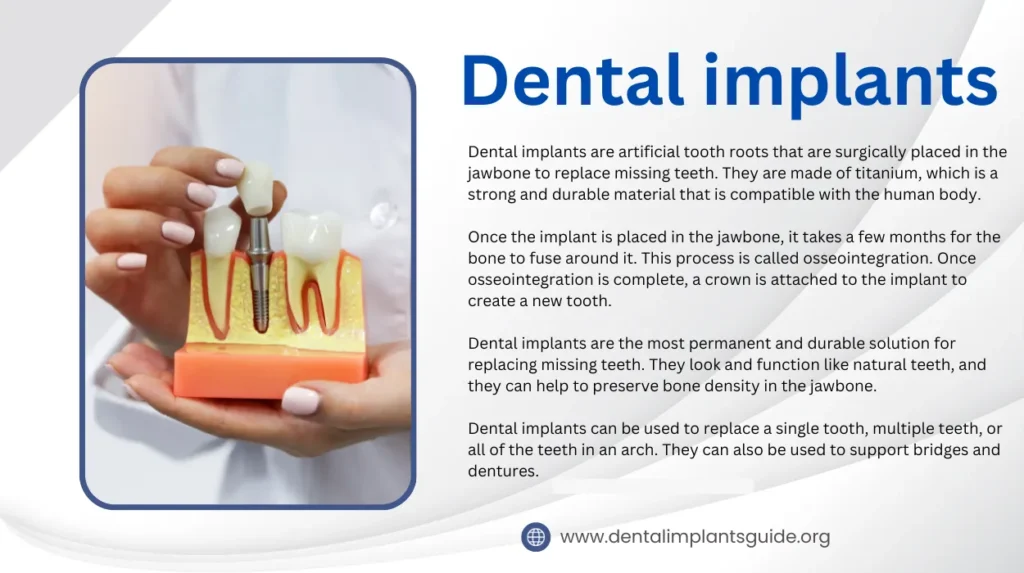
What are Dental implants?
Dental implants are artificial tooth roots that are surgically placed in the jawbone to replace missing teeth. Implants are made of titanium, which is a strong and durable material that is compatible with the human body.
How do they work?
Once the implant is placed in the jawbone, it takes a few months for the bone to fuse around it. This process is called osseointegration. Once osseointegration is complete, a crown is attached to the implant to create a new tooth. There are different types of dental implants available for different needs.
Benefits of dental implants
Dental implants have a number of benefits, including:
- They are the most permanent solution for replacing missing teeth.
- They look and function like natural teeth.
- They help to preserve bone density in the jawbone.
- They improve chewing ability and speech.
- They can boost self-confidence and self-esteem.
Drawbacks of dental implants
Dental implants are a more expensive and invasive procedure than other options, such as dentures or bridges. They also require a longer healing time.
Consider Dental Implants if:
- You have missing teeth.
- You’re looking for a long-term, permanent solution.
- You want a natural look and feel.
- You’re willing to undergo surgery and have good oral health.
Veneers
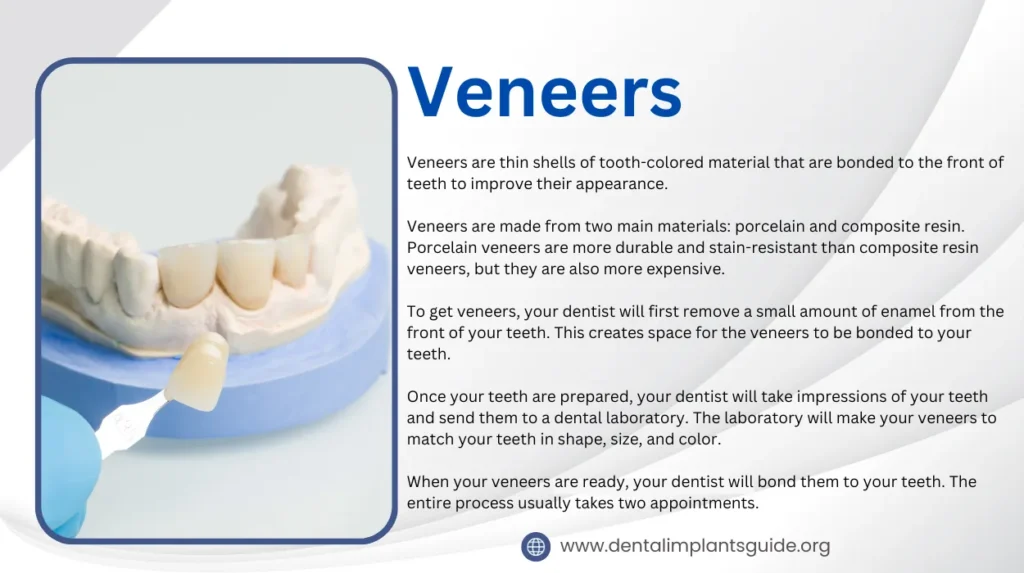
What are Veneers?
Veneers are thin shells of tooth-colored material that are bonded to the front of existing teeth to improve their appearance. Veneers are made of porcelain or composite resin.
How do they work?
To prepare for veneers, your dentist will remove a small amount of enamel from the front of your teeth. This creates space for the veneers to be bonded to your teeth.
Once your teeth are prepared, your dentist will take impressions of your teeth and send them to a dental laboratory. The laboratory will make your veneers to match your teeth in shape, size, and color.
When your veneers are ready, your dentist will bond them to your teeth. The entire process usually takes two appointments.
Benefits of veneers
Veneers have a number of benefits, including:
- They can improve the appearance of your smile by fixing a variety of cosmetic problems, such as chipped, cracked, discolored, or crooked teeth.
- They are a relatively non-invasive procedure.
- They can be completed in a short amount of time.
Drawbacks of veneers
Veneers are not a permanent solution. They typically last between 10 and 15 years. Veneers also require regular maintenance, such as polishing and bonding.
Consider Veneers if:
- You want to improve your smile’s appearance.
- You want quick results.
- You prefer a minimally invasive option.
- Your teeth are healthy, and you’re not looking for a permanent change
Dental Implants vs Veneers: The Comparison
| Dental Implants | Veneers | |
|---|---|---|
| Purpose | Replace missing teeth | Improve appearance |
| Material | Titanium or biocompatible materials | Porcelain or composite resin |
| Procedure | Surgical placement, healing, abutment, and crown | Impressions, bonding |
| Durability | Can last a lifetime | Typically 10-15 years |
| Maintenance | Regular oral hygiene, similar to natural teeth | Routine dental check-ups |
| Cost | Higher upfront, potential long-term savings ($3,000 and $4,500 per tooth) | Lower upfront, potential replacement costs ($1,000 and $1,230 per tooth) |
| Natural Look | Mimic natural teeth | Natural appearance for smile enhancement |
| Tooth Preservation | Prevents bone loss due to missing teeth | Minimal alteration of natural teeth |
1. Purpose
Dental Implants ➔ Used to replace missing teeth, restore chewing function, and maintain jawbone health.
Veneers ➔ Used to enhance the appearance of teeth, especially for cosmetic reasons.
2. Material
Dental Implants ➔ Typically made of titanium or other biocompatible materials.
Veneers ➔ Made of porcelain or composite resin.
3. Procedure
Dental Implants➔
- Consultation ∘ Your dentist assesses your oral health and discusses your implant options.
- Implant Placement ∘ A titanium post is surgically implanted into your jawbone.
- Healing Period ∘ You’ll need a few months for the implant to integrate with your bone.
- Abutment and Crown ∘ After healing, an abutment is attached to the implant, and a crown is placed on top.
Veneers➔
- Consultation ∘ Your dentist discusses your cosmetic goals and prepares your teeth.
- Impressions ∘ Your dentist takes impressions of your teeth to create custom veneers.
- Veneer Bonding ∘ The veneers are bonded to your teeth using a strong adhesive.
4. Durability
Dental Implants ➔ Can last a lifetime with proper care.
Veneers ➔ Typically last 10-15 years but may need replacement over time.
5. Maintenance
Dental Implants ➔ Require regular oral hygiene, just like natural teeth. Brushing, flossing, and dental check-ups are essential.
Veneers ➔ Need routine dental check-ups, and it’s important to avoid habits like biting on hard objects.
6. Cost
Dental Implants ➔ Generally more expensive upfront, but their longevity can make them cost-effective in the long run. The average cost of dental implants is between $1,000 and $1,230 per tooth.
Veneers ➔ Usually more affordable initially, but you may need to replace them over time. The average cost of Veneers is between $3,000 and $4,500 per tooth.
7. Natural Look
Dental Implants ➔ Mimic the look and feel of natural teeth.
Veneers ➔ Provide a natural appearance, especially in improving the aesthetics of your smile.
8. Tooth Preservation
Dental Implants ➔ Preserve the health of your jawbone by preventing bone loss that can occur with missing teeth.
Veneers ➔ Minimal alteration of your natural teeth is required, but they don’t address underlying dental issues.
Which is better Veneers or Implants?
If you have missing teeth and want a long-term solution, implants are the way to go. They work in the same way as new tooth roots and can last a lifetime.
Veneers are the way to go if you simply want to improve the appearance of your teeth. They resemble thin tooth covers and can help you smile.
Can you get both Veneers and Implants?
Yes, you can get both veneers and implants. In fact, dentists often use dental implants and veneers together to get the best desired results.
For example ➨ if you have a missing tooth and the surrounding teeth are crooked or discolored, your dentist may recommend getting an implant to replace the missing tooth and veneers to improve the appearance of the surrounding teeth.
It is important to note that you should not get veneers on implants until the implant has fully healed and integrated with the bone. This process can take 4 to 5 months.
FAQs
What’s the main difference between dental implants and veneers?
Dental implants are like artificial tooth roots used to replace missing teeth, while veneers are thin shells that improve the look of your existing teeth.
Which one is better for fixing missing teeth?
Dental implants are the better choice for replacing missing teeth and keeping your jawbone healthy.
Are dental implants stronger than veneers?
Yes, dental implants are stronger than veneers. Implants replace missing teeth and are like natural teeth, while veneers improve appearance.
Do celebrities get dental implants or veneers?
Celebrities get both dental implants and veneers, depending on their needs.
Can you wear Veneers with no teeth?
No, you can’t wear veneers with no teeth. Veneers are placed on existing teeth.
How many teeth can be covered with veneers?
Veneers can cover one tooth or multiple teeth, depending on your needs
Final Thoughts
Finally, the decision between dental implants and veneers is based on your specific situation and goals. It is critical that you consult with your dentist to determine which option is best for you. Remember that both can improve your smile and boost your confidence, so it’s a win-win situation in either case!
We hope this guide has helped you learn the fundamentals of dental implants and veneers. Remember that your smile is one of your most valuable assets, so spending time researching your options is worthwhile. Whatever decision you make, may your smile shine brighter than ever!
If you have any further questions or would like to share your own experiences, please leave a comment below. Happy smiling! 😁

